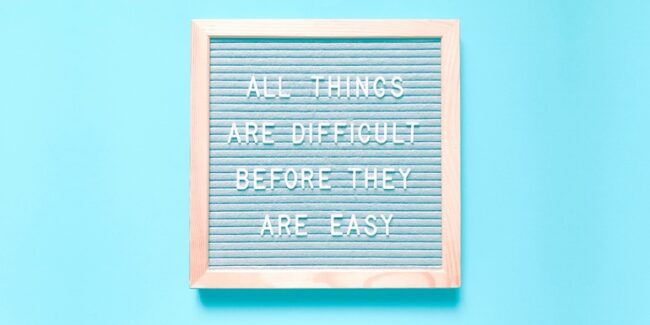One of the reasons why so many people chase riches, relationships and reputation to define their value is that they haven’t been coached to understand that they can build a life of worth, value and meaning without relying on other people, positions or possessions to define them.
If we want to know how we add value to the world, we need to know what our values are. Discovering our character strengths is a building block of this journey; they make us who we are and give us a sense of purpose and meaning.
These strengths are positive aspects of our personality that others like, respect, and cherish. They are the qualities that make us unique and valuable and are essential to our well-being and happiness.
Ryan Niemiec and Robert McGrath, researchers in the field of character strengths, emphasise that when we express ourselves using these strengths in our thoughts and actions, we feel happier and more grounded. This is because character strengths help us engage fully in the present moment, connect with others, and find meaning in our lives.
Character strengths are different from our interests, passions, and skills. While these are important aspects of our lives, they are not the same as character strengths. Interests, passions, and skills may change, but character strengths persist across time and cultures. They are central to who we are and how we think of ourselves.
The Values in Action Inventory (VIA) is a popular tool for identifying and measuring character strengths. VIA identifies 24 character strengths that fall under six broad categories of virtues: wisdom, courage, humanity, justice, temperance, and transcendence. These virtues are not unique to any one culture or religion but are universal to human beings.
Wisdom consists of strengths that help us acquire and use knowledge, such as creativity, curiosity, and love of learning. Courage includes strengths that enable us to face challenges and adversity with resilience and determination, such as bravery, perseverance, and honesty. Humanity encompasses strengths that promote social intelligence and connection, such as kindness, empathy, and compassion.
Justice consists of strengths that promote fairness and equity, such as leadership, teamwork, and social responsibility. Temperance includes strengths that help us regulate our impulses and desires, such as self-control, humility, and forgiveness. Finally, Transcendence consists of strengths that help us connect with something larger than ourselves, such as gratitude, spirituality, and appreciation of beauty.
By identifying and cultivating our character strengths, we can enhance and protect our well-being to lead more fulfilling lives. When we use our strengths, we experience a sense of flow and engagement, leading to increased happiness, productivity, and creativity!










